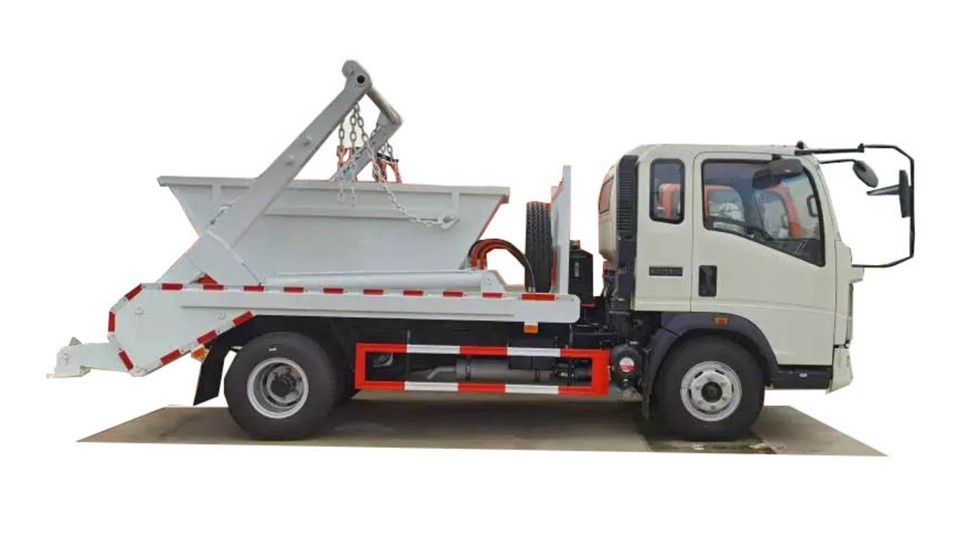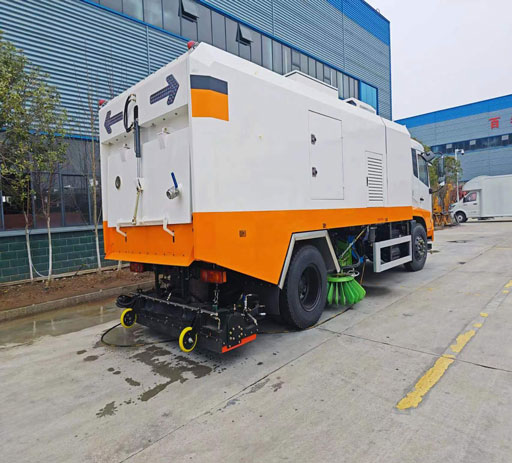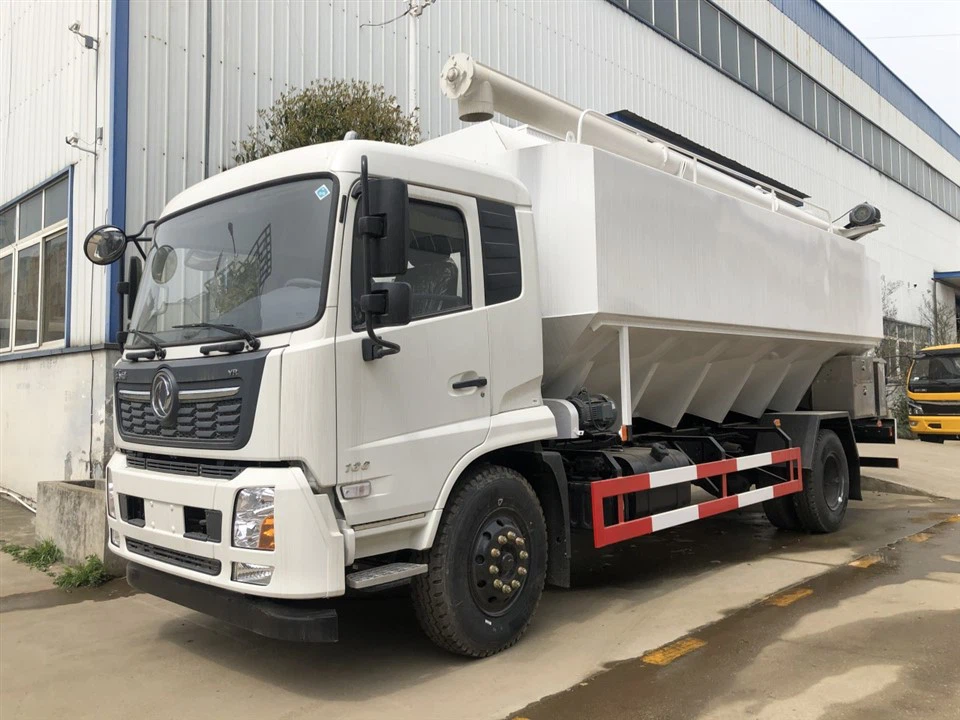Understanding Small Diesel Tankers: An In-Depth Guide

In various industries, the transportation and storage of diesel fuel is crucial. Small diesel tankers play an essential role in this process, allowing for efficient movement and management of diesel fuel supplies. This article will thoroughly explore the concept of small diesel tankers, including their types, operations, maintenance, regulatory considerations, and more.
What is a Small Diesel Tanker?
A small diesel tanker is a specialized vehicle designed for the transportation of diesel fuel. These tankers are typically smaller than standard freight tankers, making them suitable for urban environments, remote areas, and locations where larger trucks cannot operate effectively. Their capacity generally ranges from 1,000 to 10,000 liters, catering to different business and emergency needs.
Types of Small Diesel Tankers
1. Fuel Delivery Trucks
Fuel delivery trucks are commonly used for direct supply to businesses, farms, or construction sites. They often include a pump system for transferring diesel fuel, and some models may have a built-in meter to track fuel dispensed.
2. Tank Trailers
Tank trailers are often towed by trucks and are suitable for transporting diesel over longer distances. They are versatile and can be detached for storage when not in use.
3. Portable Fuel Tanks
Portable fuel tanks are smaller units that can be easily moved. They are typically used for temporary storage and refueling in remote locations or during emergencies.
4. Self-Contained Units
Self-contained units combine storage and dispensing systems into one portable unit. They often feature integrated pumps and meters and can be used for both storage and direct refueling.
Applications of Small Diesel Tankers
1. Construction Sites

Small diesel tankers are widely utilized on construction sites for fueling machinery and equipment. They help ensure that operations continue without interruptions caused by fuel shortages.
2. Agriculture
Farmers often use small diesel tankers to fuel tractors and other heavy equipment. This allows them to maintain productivity while managing fuel supplies efficiently.
3. Remote Area Operations
In remote areas where fuel stations are scarce, small diesel tankers provide an indispensable supply line. Companies operating in oil fields or mining areas often rely on these tankers for fuel deliveries.
4. Emergency Services
Emergency services utilize small diesel tankers for quick response scenarios, ensuring that generators and emergency vehicles have sufficient fuel during crises.
How Small Diesel Tankers Operate

Understanding the operation of small diesel tankers is essential for effective management and safety. Here’s a breakdown of the core components and processes involved:
1. Design and Construction
Small diesel tankers are designed with safety and efficiency in mind. They feature robust tanks that comply with safety regulations to securely hold diesel fuel. The tank is typically made of stainless steel or aluminum to resist corrosion.
2. Fuel Transfer Systems
The fuel transfer system includes pumps, hoses, and nozzles. These components are crucial for effectively and safely loading and unloading fuel. Vacuum pumps are often utilized to prevent spillage during transfer.
3. Operating Procedures
When operating a small diesel tanker, proper procedures must be followed. This includes pre-trip inspections, monitoring fuel levels, and ensuring that all safety equipment is operational. Drivers must also adhere to road safety regulations.
4. Monitoring and Control
Some modern small diesel tankers are equipped with monitoring systems that provide real-time data on fuel levels, pump status, and flow rates. This data can be accessed remotely to optimize operations.
Maintenance of Small Diesel Tankers
1. Regular Inspections
Regular inspections are vital for ensuring the safe operation of small diesel tankers. Inspections should include checking the tank for leaks, evaluating the integrity of the fuel lines, and testing the pump systems.
2. Cleaning the Fuel System
Contaminated fuel can cause severe damage to engines and equipment. Regular cleaning of the fuel system, including the tank and filters, helps prevent this issue. Use specialized cleaning agents designed for diesel fuel systems.
3. Compliance with Regulations
Small diesel tankers must comply with local, state, and federal regulations governing fuel transportation. Regular compliance checks and documentation are necessary to avoid legal issues and ensure safety standards are met.

4. Replacement of Worn Parts
Worn parts can lead to inefficiencies and safety hazards. Regularly inspect and replace pump seals, hoses, and meters to maintain optimal performance.
Regulatory Considerations for Small Diesel Tankers
1. Transportation Safety Administration (TSA) Regulations
Transportation of diesel fuel is regulated by the TSA, which mandates specific safety protocols to minimize hazards associated with fuel transport.
2. Environmental Protection Agency (EPA) Standards
The EPA establishes regulations regarding fuel storage to prevent spills and environmental contamination. Small diesel tanker operators should familiarize themselves with these standards to ensure compliance.
3. Local Zoning Laws
Before operating a small diesel tanker, check local zoning laws. Some locations may have restrictions on fuel storage and transport capabilities based on safety and environmental impact considerations.
Cost of Small Diesel Tankers
| Type of Tanker | Average Price Range | Capacity |
|---|---|---|
| Fuel Delivery Truck | $25,000 – $100,000 | 3,000 – 10,000 liters |
| Tank Trailer | $15,000 – $50,000 | 2,500 – 9,000 liters |
| Portable Fuel Tank | $500 – $5,000 | 200 – 1,000 liters |
| Self-Contained Unit | $1,000 – $20,000 | 500 – 5,000 liters |
Practical Tips for Using Small Diesel Tankers
1. Choose the Right Size
Selecting a small diesel tanker with the right capacity for your needs can greatly reduce costs and ensure efficient refueling schedules. Assess your fuel requirements regularly.
2. Train Your Staff
Provide proper training for all personnel involved in operating and managing small diesel tankers. Awareness of safety protocols and operational procedures can prevent accidents and improve efficiency.
3. Implement a Maintenance Schedule
Establish a regular maintenance schedule to keep equipment in good working condition. Preventive measures often save more in the long run compared to repairs after an incident.
4. Keep Records
Maintain detailed records of fuel usage, maintenance activities, and compliance with regulations. This will help in tracking performance and preparing for inspections.
Frequently Asked Questions (FAQ)
1. What is the average lifespan of a small diesel tanker?
Typically, a small diesel tanker can last anywhere between 10 to 20 years, depending on usage, maintenance, and adherence to safety standards.
2. How do I choose the right small diesel tanker for my business?
Assess factors such as required capacity, operating environment, loading/unloading capabilities, and specific uses within your industry to determine the most suitable option.
3. Are there special training requirements for operating small diesel tankers?
Yes, operators should receive training on fuel handling, safety protocols, equipment operation, and emergency response measures.
4. Can small diesel tankers be used for transporting other fuels?
While small diesel tankers are specialized for diesel fuel, some may also transport biodiesel or kerosene. However, extensive cleaning is necessary to avoid contamination.
5. What should I do in case of a fuel spill?
In the event of a fuel spill, immediately notify emergency services and follow spill clean-up procedures, which typically involve containing the spill and using absorbent materials to manage it.
6. How can I improve the efficiency of my small diesel tanker operations?
Implement better route planning, regular maintenance, staff training, and monitor fuel usage to identify areas for improvement in efficiency.
